

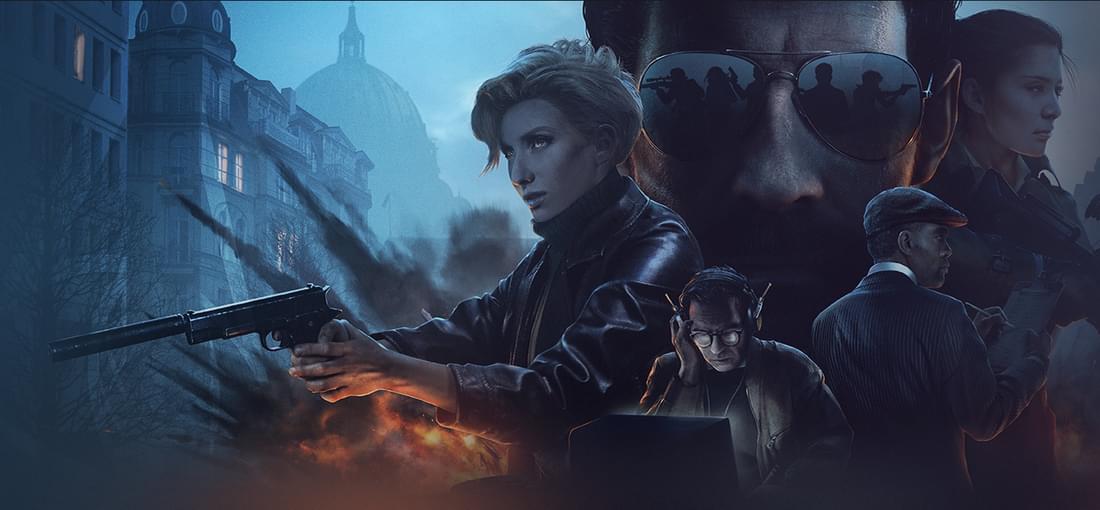
Hear me out: real-time tactics stealth, but turn-based! Do you love Commandos and Shadow Tactics, but find them too punishing, too stressful, or too save-scummy? Or maybe you have played them all, or just want something to enjoy at a slower pace? This is it. Like X-Com, the game has turn-based, square-grid tactical squad missions, and a 'whole world' part with simple base building and threat management. That's where the similarities end. The tactical part, which makes the core of the experience, is the opposite of X-Com and closer in feel to mentioned real time tactics. in X-Com, mechanics heavily incentivize you to join the fight ASAP, with the goal of defeating the aliens. In PD, the goal of the mission is almost always some sort of 'get into those places' mechanic - freeing informers, planting explosives and so on. Most can be completed without hurting anyone, although it is advisable to kill or capture enemy agents. Your squad starts in infiltration mode, and once you break stealth, infinite waves of reinforcements *will* overwhelm you if you don't get out of the way quickly. So, the safest and most rewarding approach is to patiently avoid raising suspicion for as long as possible. In reality, unless you keep reloading, combat is unavoidable, and body armor allows you to be more kinetic if you want at the cost of immediately raising an alarm when seen, even in unrestricted areas. If you intend to fight, you still need to position yourself carefully, strike fast and strike hard, and evacuate soon thereafter. Killing guards one by one will make them look for you and they won't stop. The game sells very strong spy story vibes well, including an almost purely fluffy (aside from rewards) mechanic of collecting intel during missions and then connecting it on a cork board. Overall, I enjoyed it much more than X-Com. It is, however, much less crunch-y, and your experience may be different if you just want bite-sized pieces of tactical combat.
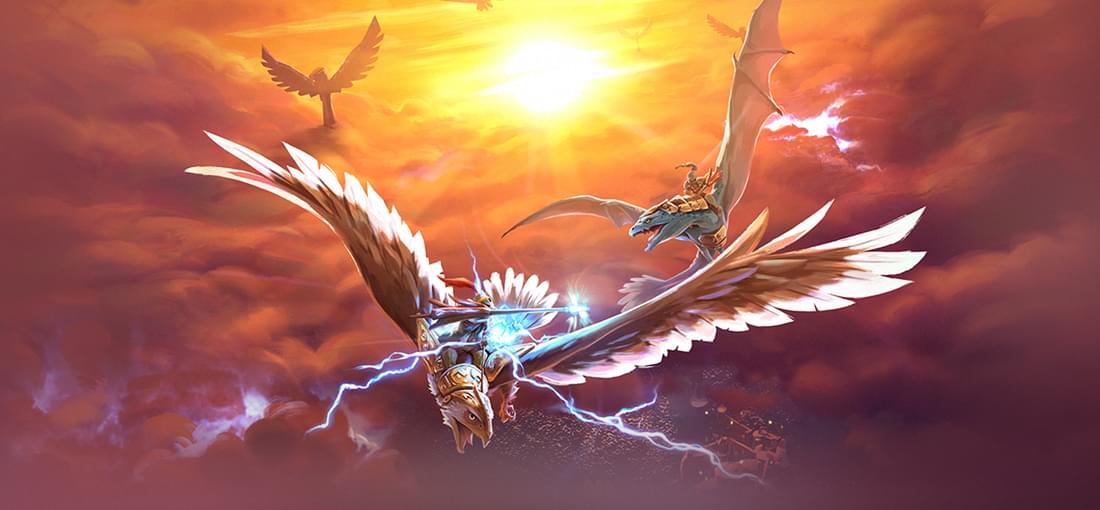
This is a game for me, an enthusiast of all kinds of flying, especially by natural means. Since my earliest years I dreamed of a flying carpet, or a flying monster to ride. I paraglide' skydive, play MS Flight Simulator, DCS and even niche, super realistic glider simulators. Short of flying a dragon, or a real jet pack, this is the closest I can get to living that dream. No surprise then that I was super excited about this game. Sadly, it’s been a thorough dissapointment. First, flying is extremely arcade-y, with zero connection to how birds fly, and annoyingly large collision hit boxes, which make flying timed races frustrating. In theory, there are both upwards currents, and fast winds at altitude, but they are almost cartoonish, an afterthought with no interaction with other mechanics, and can be safely ignored. Making a bold decision to actually try to model natural flight would make this game interesting, stand out from hundereds forgettable airplane simulators, even if the rest was bland. And, sadly, the gameplay itself is bland. Very generic, with an unengaging, pretentious story and worldbuilding which could be so much better, inspire imagination, but doesn’t. The side quests feel like homework in a game dev class. The world is an extremely empty ocean with an occasional rocky mountain growing out of it. It could be cool, but the wave animation, something you literally look at 100% of your game time, feels very off. I don’t mind blocky, cartoonish graphics, I know it’s an indie, but you have to pick the features most important to the game and do them right in order for players to forgive you coming short in everything else. I know it’s a single dev game, and as such, I am actually impressed. However, ultimately, I don’t care how many people, time and money were invested; I just want a good game. To be clear, there is nothing bad with it, either: it’s just utterly mediocre. If you don’t share my passion for flying, subtract another star from my rating.
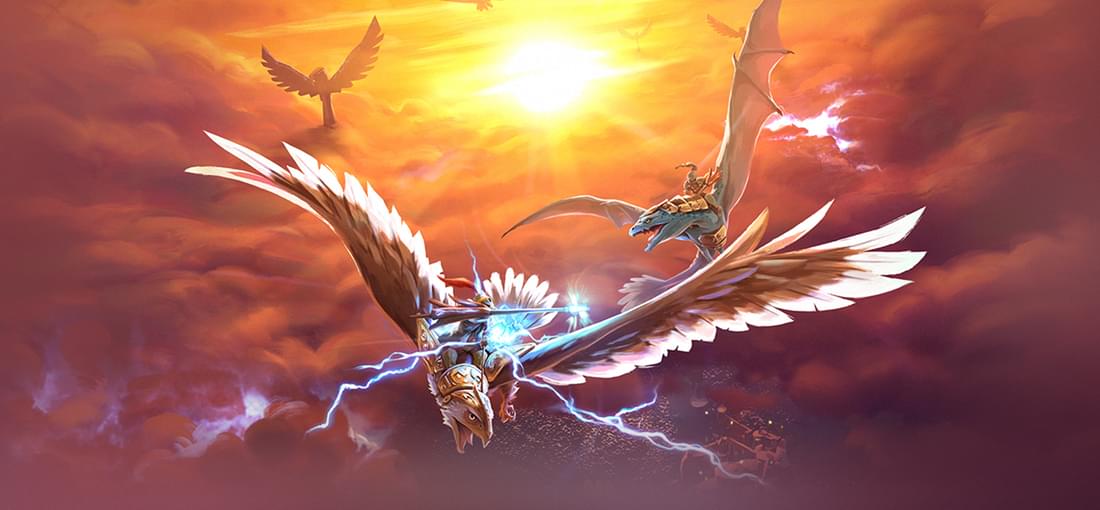
This is a game for me, an enthusiast of all kinds of flying, especially by natural means. Since my earliest years I dreamed of a flying carpet, or a flying monster to ride. I paraglide' skydive, play MS Flight Simulator, DCS and even niche, super realistic glider simulators. Short of flying a dragon, or a real jet pack, this is the closest I can get to living that dream. No surprise then that I was super excited about this game. Sadly, it’s been a thorough dissapointment. First, flying is extremely arcade-y, with zero connection to how birds fly, and annoyingly large collision hit boxes, which make flying timed races frustrating. In theory, there are both upwards currents, and fast winds at altitude, but they are almost cartoonish, an afterthought with no interaction with other mechanics, and can be safely ignored. Making a bold decision to actually try to model natural flight would make this game interesting, stand out from hundereds forgettable airplane simulators, even if the rest was bland. And, sadly, the gameplay itself is bland. Very generic, with an unengaging, pretentious story and worldbuilding which could be so much better, inspire imagination, but doesn’t. The side quests feel like homework in a game dev class. The world is an extremely empty ocean with an occasional rocky mountain growing out of it. It could be cool, but the wave animation, something you literally look at 100% of your game time, feels very off. I don’t mind blocky, cartoonish graphics, I know it’s an indie, but you have to pick the features most important to the game and do them right in order for players to forgive you coming short in everything else. I know it’s a single dev game, and as such, I am actually impressed. However, ultimately, I don’t care how many people, time and money were invested; I just want a good game. To be clear, there is nothing bad with it, either: it’s just utterly mediocre. If you don’t share my passion for flying, subtract another star from my rating.
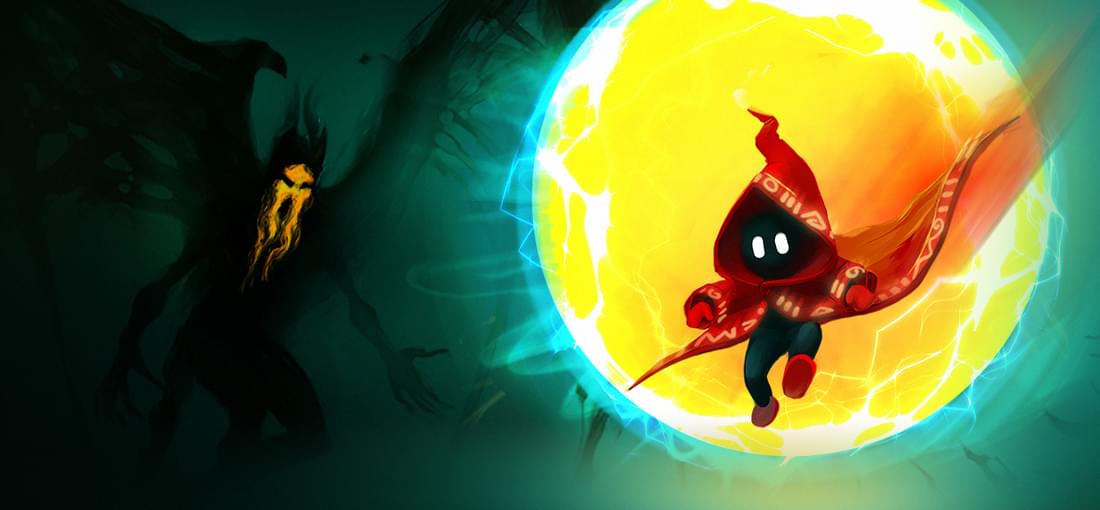
In all my life of playing platformers and puzzle/platformers, this must be the second one I might not finish (the first being Montezuma’s Revenge on Atari XT when I was 6). Not because it’s bad; in fact, it’s definitely one of the best I played, with pleasant art and always evolving mechanics to keep you engaged. It’s just. So. Damn. Hard. Can you press X five times per second in exact intervals to a microsecond, for five seconds? The level of precision, hand-eye coordination and timing is, for me, insane. And yet, it does not feel unfair, like being swarmed with OP enemies does. It’s seriously, as the younger geerations say, a skill issue. It’s been lying on my disk for the last half of a year like a silent remorse, and I don’t know if I’ll muster the courage and will to make another attempt to git gud. If you breeze through all platformers and want to really challange yourself, this is the best there is. If you want something cozy, wholesome, and relaxing like Ori, and were drawn by the cute art style, run away.
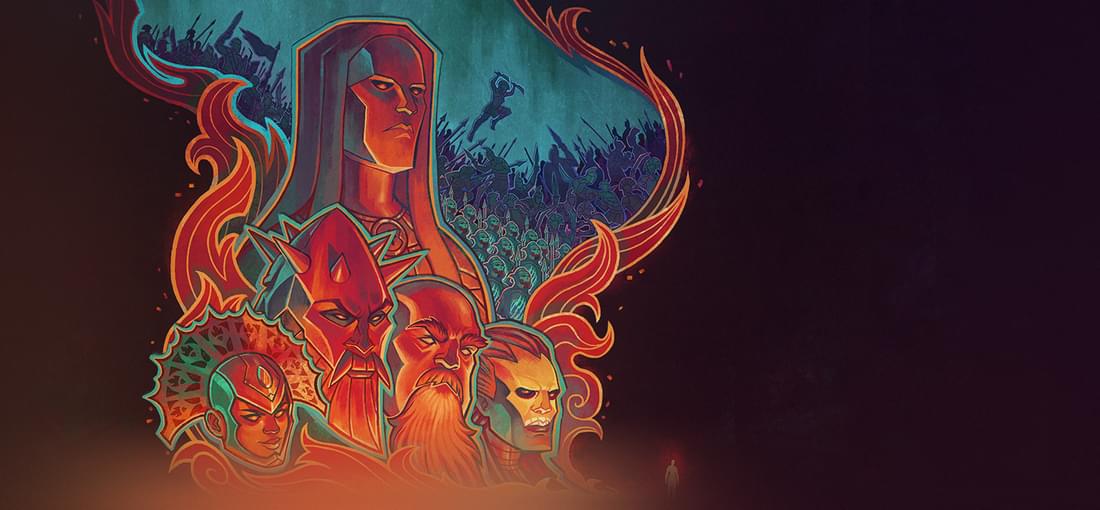
Tyranny retains, but modernizes, all defining features of Baldur's Gate. A short playtime of roughly 20-35h, and because it succeeds at almost everything it wants to do, makes it a good first CRPG to play in this subgenre. The combat mechanics are solid, with all the stats you'd expect, and the spell system is unique, complex, very thematic, but also accessible. The classless, talent-based system offers great progression, with every companion having their own talent tree. The game has a reputation for being buggy, but most of it comes from misunderstanding the design choices (whether good or bad). While you'll visit most game areas, the order, their state, and available options will differ significantly based on your past decisions. Tyranny does not shy from locking possibilities behind choices made during character generation, let alone made alliances, and a single wrong dialogue choice may silently prevent you from obtaining a quest or a reward. An inaccessible room will make you think you missed something, not knowing you'll find the key only later, and only if you make a certain, seemingly unrelated choice. A character won't speak to you, because you have worked for his rival. This is not how games are designed today, but it makes sense if you want to provide a highly roleplayable and replayable experience. The game is promoted as 'playing the evil minion' and lauded for its story. In my opinion, both are wrong. The lands were rife with petty wars before the conquest, and while the generals of the overlord are guilty of genocide, so are the rulers of all major powers in *our* world, and you may try to forge a path of least damage, truly wanting to save the Tiers within the new order. The worldbuilding is excellent, but the story is only what you make it, bringing as little, or as much character development as you decide to roleplay. Will you rebel, will you strike your own path, or will you commit more and more heinous acts because they seem most natural?